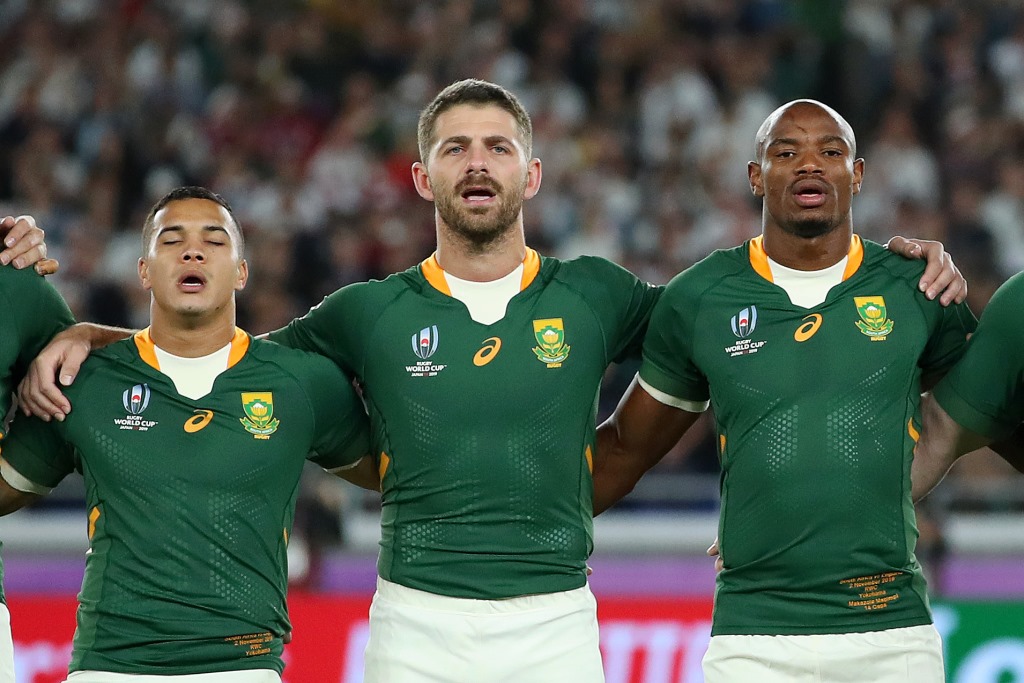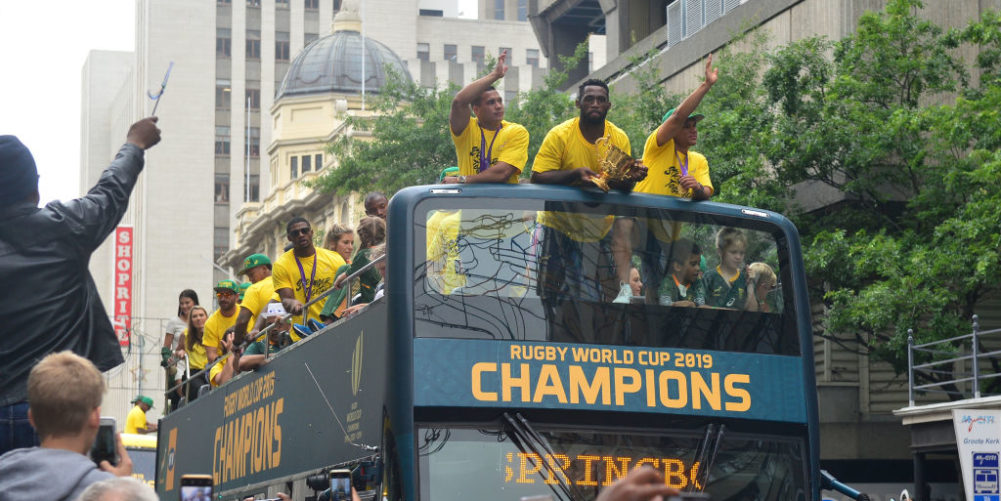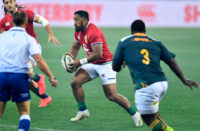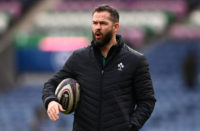“We're only a rugby team.” Those are the opening words of a powerful open letter written on behalf the Springboks and addressed to South African rugby fans around the world.
Published on Friday, it comes in the wake of a devastating week of violent protesters that have seen over 100 people killed, more than 2,000 people arrested, and property damage that is conservatively estimated to be around £750m.
The cause of the unrest is the arrest last Thursday of former President Jacob Zuma, a man whose moral compass always points to his own back pocket and who is accused (with a staggering amount of evidence) of siphoning an uncountable amount of state resources for his personal gain.
This in a country regarded as the most unequal on the planet according to the World Bank and where youth unemployment is close to 75 per cent. And this does not mention a third wave of a virus that has claimed over 66,000 lives and plunged the country into yet another economic lockdown.
The Springboks are just a rugby team. Officially the best around according to World Rugby and the rightful holders of the Webb Ellis Cup. But they're just a rugby team. A collection of 23 men representing a fragmented country of 60 million divided along race, tribe, class and 11 languages.
And yet, they're so much more than that. Tragedy and triumph are the two driving threads in the South African narrative. It is a country that was born out of colonialism before it was ruptured by state sanctioned crimes against humanity. And yet it still stands.
I am part of a generation of South Africans colloquially known as ‘Born Frees'. Though I first opened my eyes before the fall of apartheid in 1994, I was raised in what was billed as the ‘New' South Africa. I attended classes with children of other races, something that was illegal when our parents went to school.
When Joel Stransky kicked the winning drop-goal in the final of the 1995 World Cup, I was outside playing my own game of rugby with my friends. Even though I did not watch it live, that moment became intrinsically linked with my sense of self. That conquest, inspired by Nelson Mandela and propagandised to fuel his nation building project, was in essence a physical manifestation of the ideals he espoused. We beat the All Blacks and Jonah Lomu. We had a black player on the field (only one, but Chester Williams was there). The country was alive with hope. This is of course naive.
A thousand World Cups won't eradicate hunger or poverty. Cynics may argue that they would merely paper over the afflictions too many face 27 years into democracy. And yet the scenes of the victory parade that followed the Springboks' return from Japan were genuinely some of the most uplifting I have ever seen.
As the open top bus snaked its way for four days across townships, suburbs and city centres, I saw South Africans of all stripes celebrate as one. Some were merely rugby fans revelling in yet another trinket for the mantlepiece. Others were swept up in the stories of captain Siya Kolisi and winger Makozole Mapimpi – two black men who emerged from abject beginnings to etch their names in the history of a country.

Whatever their motivation, whatever brought them to wave a group of large men brandishing a small golden trophy, they did so as a united people.
That sense of unity is needed now more than ever. Newspapers and broadcasters have described the events of the past week as ‘riots' enacted by ‘looters'. A more appropriate term would be insurrection or coup. This may have spiralled away from its original purpose, but an investigation by the Daily Maverick website has revealed that the initial spark – the burning of several trucks on an important motorway connecting Durban and Johannesburg – was orchestrated by high-ranking politicians still loyal to Zuma.
Their intention was to make South African ungovernable. They almost succeeded.
The deployment of 25,000 soldiers has quelled the violence, but ordinary citizens rallied before the heavy guns arrived. Community groups armed themselves with whatever weapons they could find or fashion and held firm.
It seems morbid to celebrate mass vigilantism but I felt emboldened by this spasmodic solidarity. It proved that no matter how inept our leaders are, ordinary people will usher us out of this mess.
The Springboks are just a rugby team but they are so much more.
Under Rassie Erasmus and Kolisi they have proved that they are the best of us.
Willing to engage on social issues without preaching from the pulpit, they recognise their standing in our society.
Would a Springbok series win change anything. Probably not. But it would bring joy to a land in desperate need of some.
DANIEL GALLAN



























